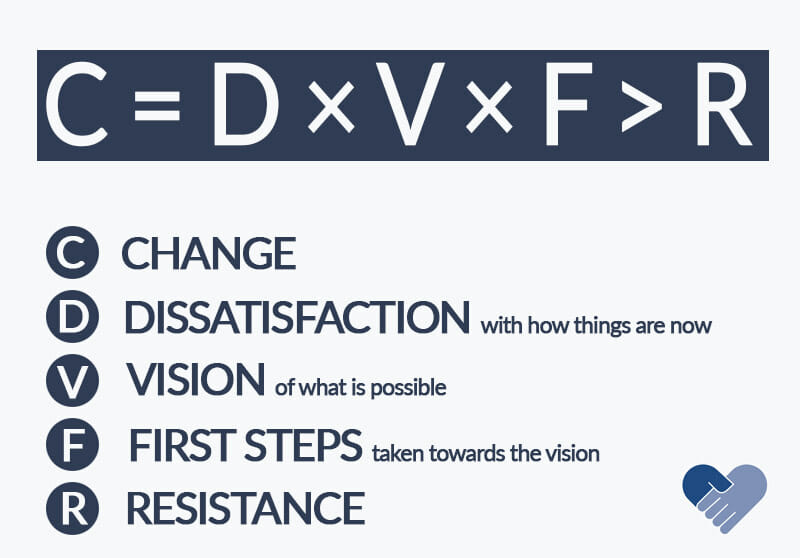Search by category, archive or keyword

What is it like to live with a drug-addicted family member? Every day you are sharing a part of the struggle that the addict has set in motion for themselves. Sharing that burden and struggle may seem like the right thing to do, but it is just ‘enabling.’
How Do You Deal with a Drug-Addicted Family Member?
How you deal with a drug addict son, daughter, or any other family member is – more or less – how you don’t deal with them. The more that you enable and comfort them, the more likely they are to continue. Drug addicts (and alcoholics), what it’s like to live with one is: they will take advantage of you, and they will beat you down mentally. They will guilt you, they will shame you, and they will sell you false hope.
Drug Addicts Promise They’ll Get Help Tomorrow, But Tomorrow Never Comes
They will promise that they will quit – they will promise everything tomorrow. They will convince you they will quit, but tomorrow never comes, and the cycle continues. Drug interventionists aim to intervene in this cycle and help create a new path where the promise is fulfilled, and the addict is able to become and stay sober.
Why Don’t Families Get Help for Drug and Alcohol Addiction?
Families don’t know what to do in the face of addiction and often end up in a holding pattern. When faced with a literal life-and-death decision, not making a decision is better than making the wrong decision, right?
Wrong. The problem that ends up happening – after a family sits in a said holding pattern – is that families become comfortable in the uncomfortable. Before, you wouldn’t be okay with your loved one using drugs in your home, but now you begin to rationalize it.
Allowing Addiction to Continue: Becoming Comfortable in the Uncomfortable
Nobody likes change, even when it’s better. Change is scary, and we – as humans – will run away from change, even if there is the hope of a better life in that change. We need someone to push us into that change. This is true with both addicts and the families of addicts.
“At least they are in a safe place where I can take care of them if anything happens”
Family members, too, are afraid of that change, not just the addict. However, the longer you let this continue, the more it becomes the ‘normal.’ That new, toxic normal needs to change, and families feel the pain of change and react to it. This is codependency sneaks into families, and otherwise, healthy family members begin acting in very unhealthy ways.
“When Families Sit in a Holding Pattern, They Become Comfortable in the Uncomfortable.”
Codependency Sneaks In When You Take on the Role of Caretaker to an Addict
When you (often subconsciously) accept a codependent role in your loved one’s addiction, you take on the role of being the caretaker to the addict. You also take on the role of serving a purpose in the relationship.
When Families Get Stuck in a Situation Where Addiction is Allowed to Continue
Ultimately, breaking the codependent relationship boils down to making the current situation uncomfortable enough to spark change. Looking at the “Change Formula of Life,” we know that change cannot happen until there is dissatisfaction with the way things currently are.
In a codependent addiction familial relationship, the situation has become so comfortable (in an uncomfortable way), that the fear of change is greater than the fear of staying the same. This is how a horrible situation in a good family can be allowed to develop and can be allowed to continue – we just get stuck.

Success Rates of Interventions & Addiction Treatment Programs Are High
Family First Intervention’s Founder and Arizona Interventionist explains that when dealing with a family member who has a drug addiction or serious alcohol abuse issues should be approached just like any other serious disease.

Mike Loverde, Founder & Interventionist
“When you look at any other fatal illness – whether it be cancer, HIV, etc. – people do everything they can to stop it; with addiction, we don’t. We just kick the can down the street, thinking that it’s a moral dilemma, that their willpower will kick in, and they’ll just stop. I was just talking with my wife recently, and her mother has [colon] cancer; it is in the stage where you have a 14% of survival (5 years out), and there was no question that we could get her help.
The second she resisted, the family pushed back and said, why wouldn’t we take the chance? That’s a 14% chance of success, and the success rates of recovery from addiction are far higher than 14% (with proper treatment), and the outcome of interventions are even higher than that. We kick the can down the road and put it off until later with addiction, but with cancer and a 14% chance, we grasp at the hope for a slim chance.”
We are beaten into oblivion into thinking that we need to wait for change to happen with addiction, or that they are going to quit tomorrow, or that it is somehow our fault (as the family), and so we do nothing.
How Do I Make the Change and Take the Steps Necessary for My Loved One to Recover from Addiction?
As illustrated above, making the change is the most difficult part. This is where many families simply need the help of another to initiate the change. Our local drug and alcohol Interventionists can help initiate the change for your family. Call us today.
YOUR NEXT STEPS…
Where Do You Go from Here?
Contact Us to Speak with a Certified Interventionist
An intervention is not about how to control the substance user; it is about how to let go of believing you can.
“The most formidable challenge we professionals face is families not accepting our suggested solutions. Rather, they only hear us challenging theirs. Interventions are as much about families letting go of old ideas as they are about being open to new ones. Before a family can do something about the problem, they must stop allowing the problem to persist. These same thoughts and principles apply to your loved one in need of help.”
Mike Loverde, MHS, CIP



